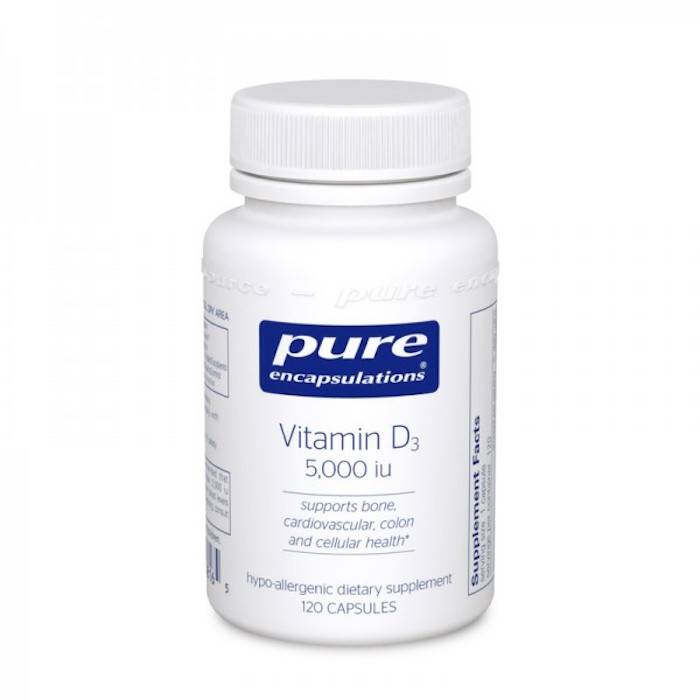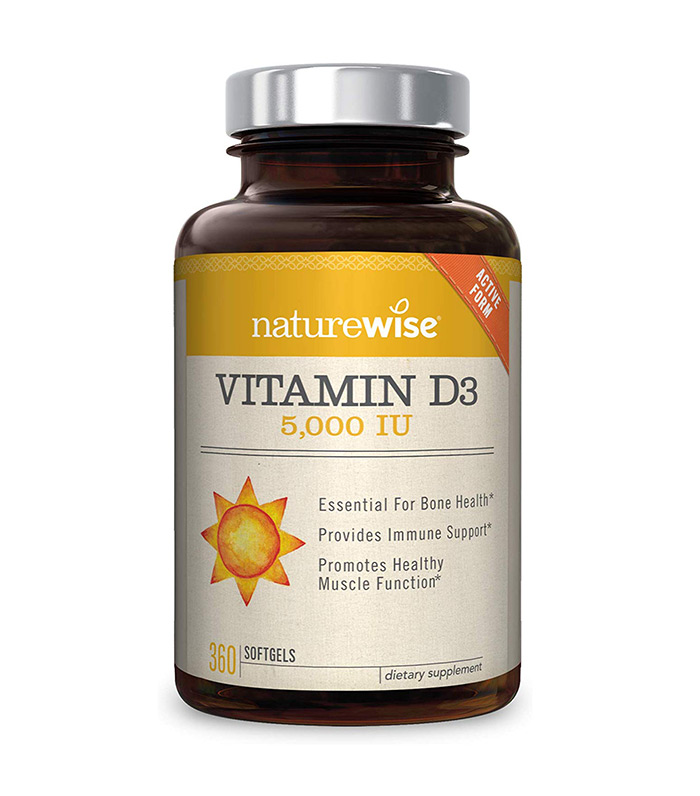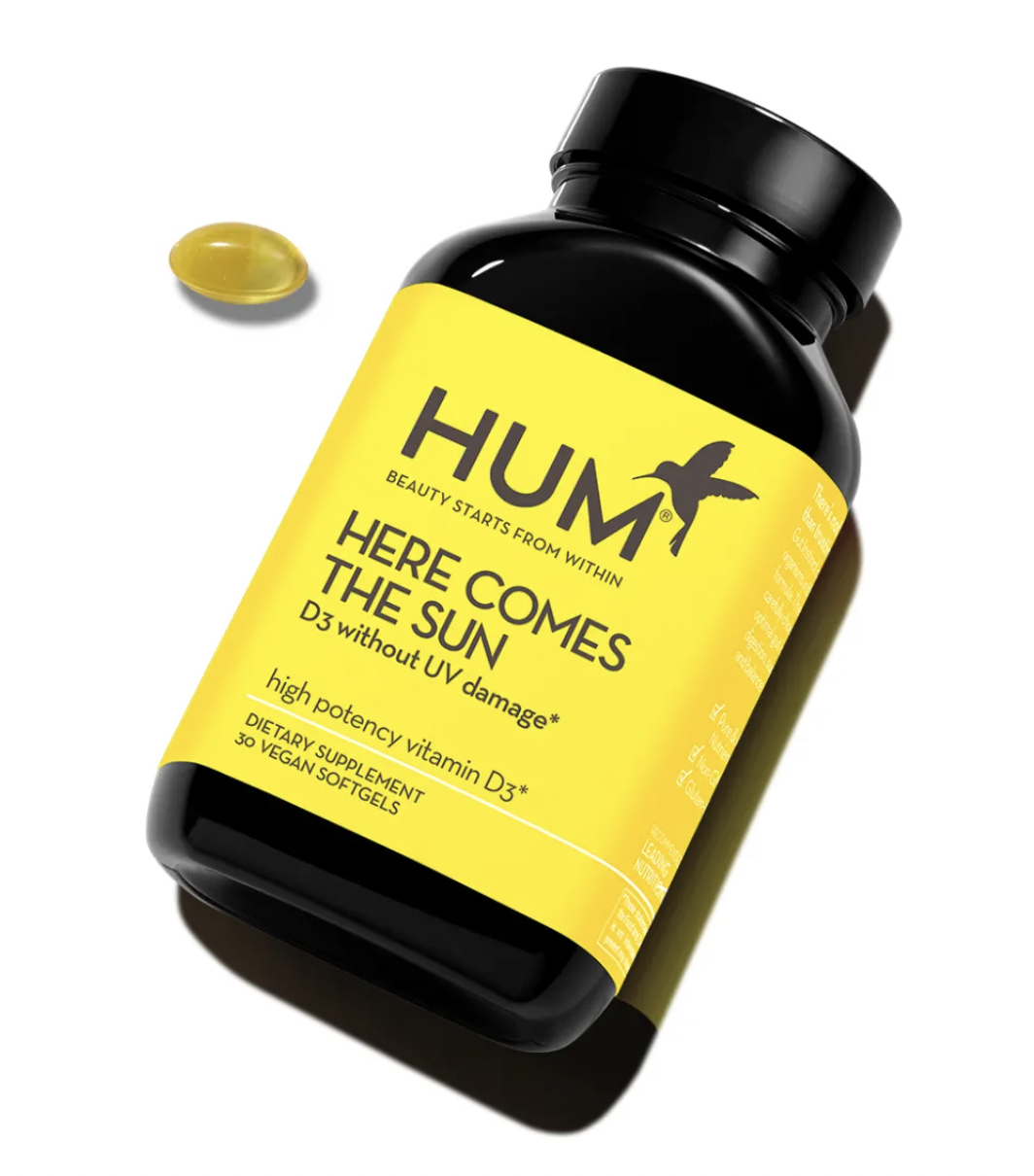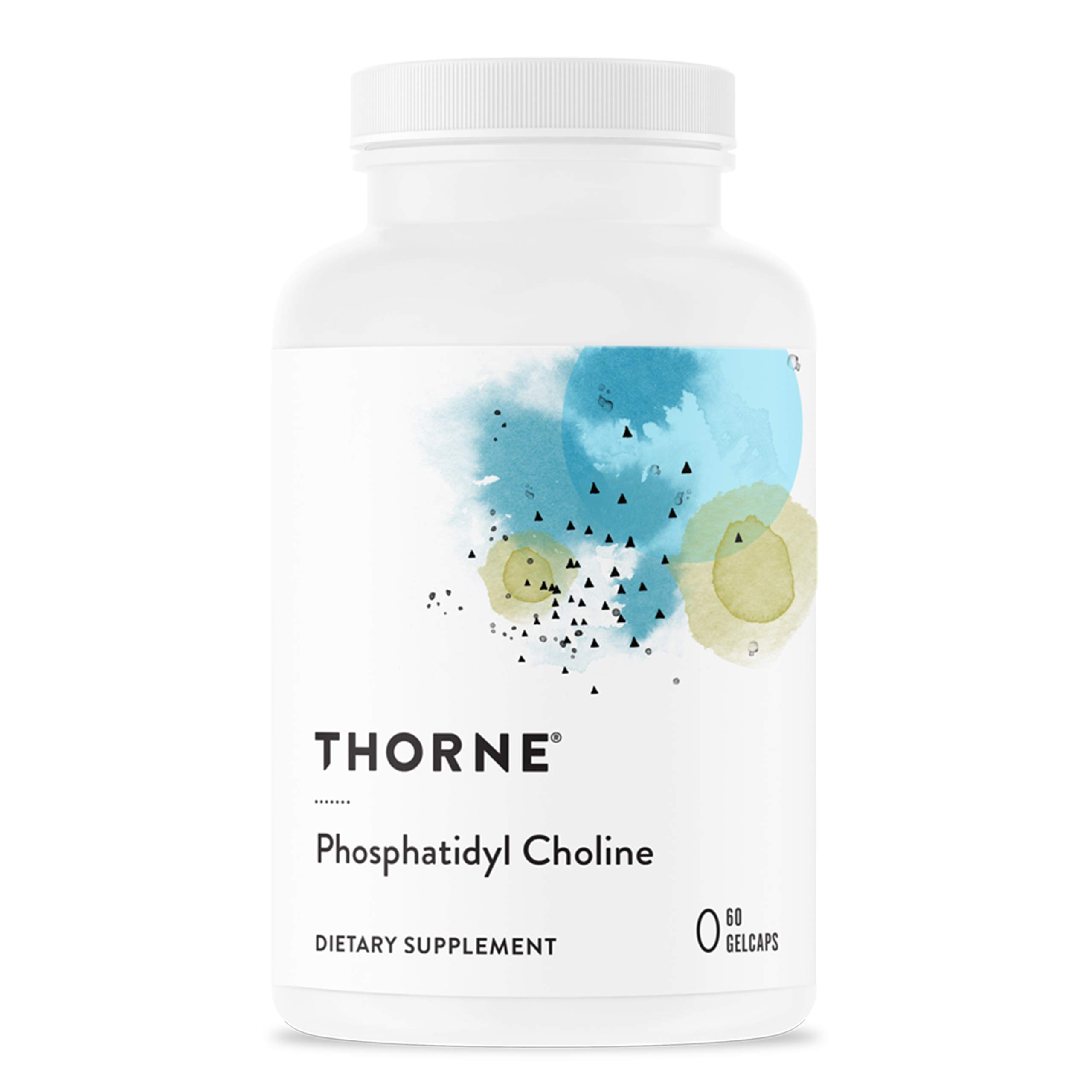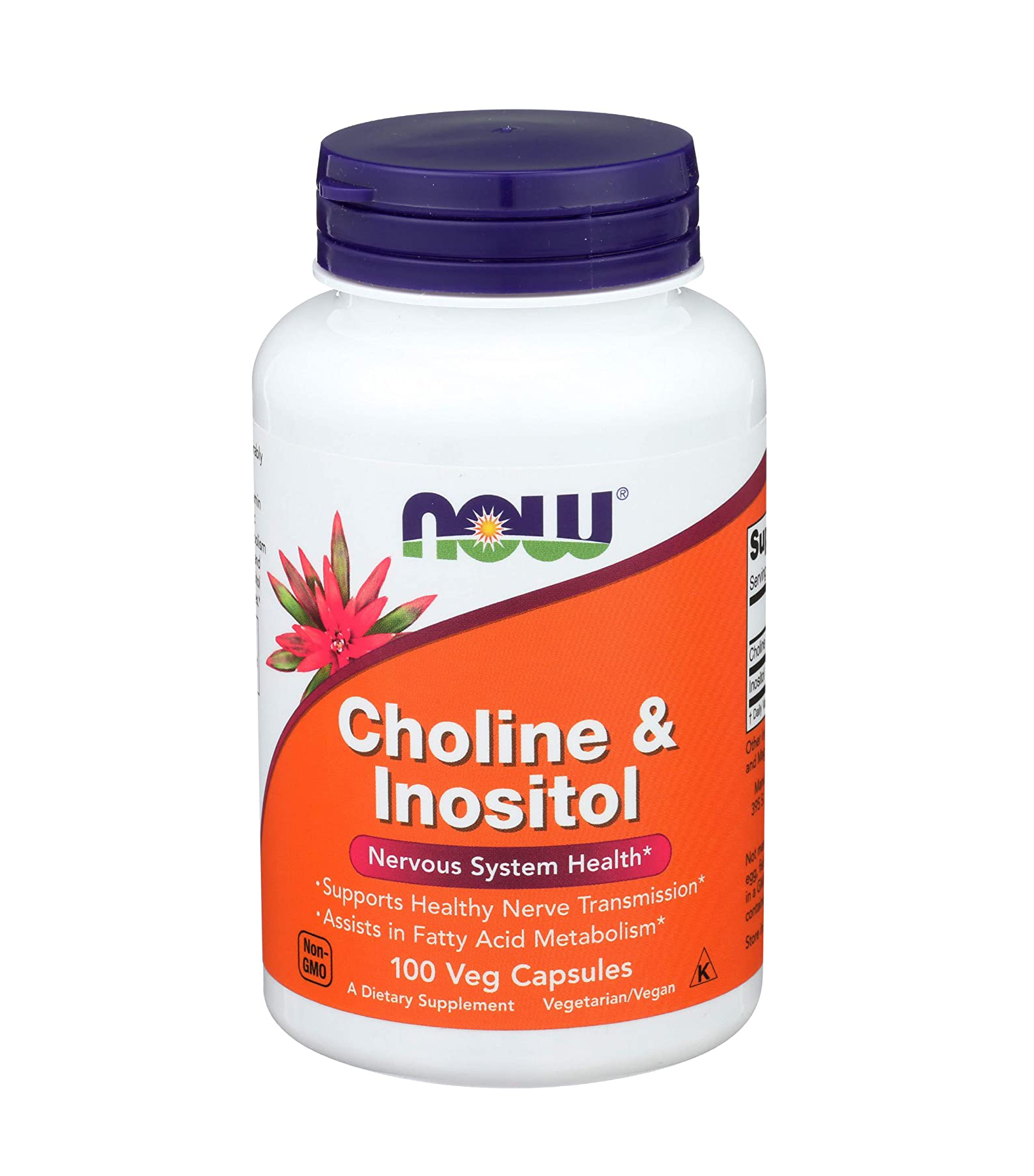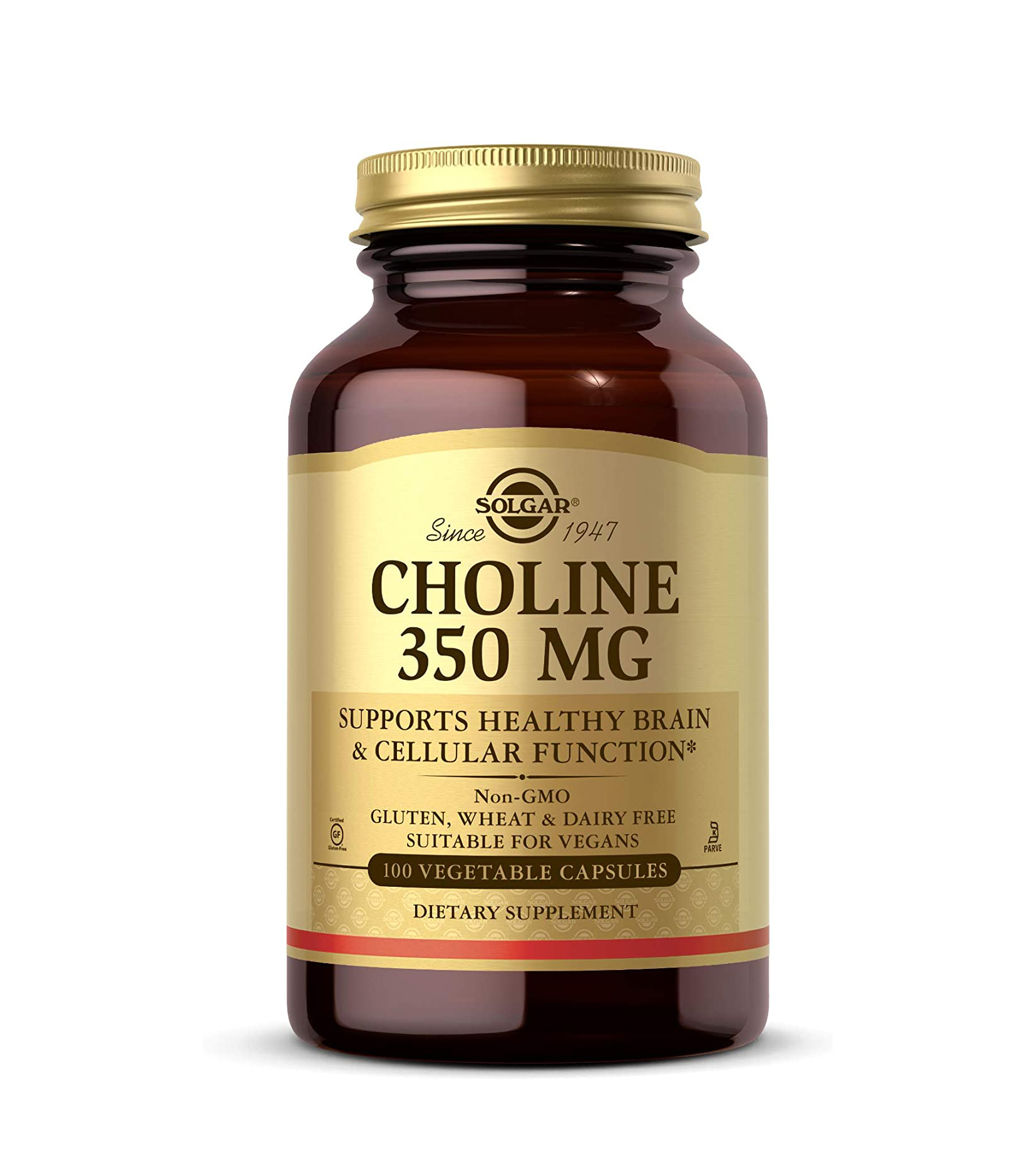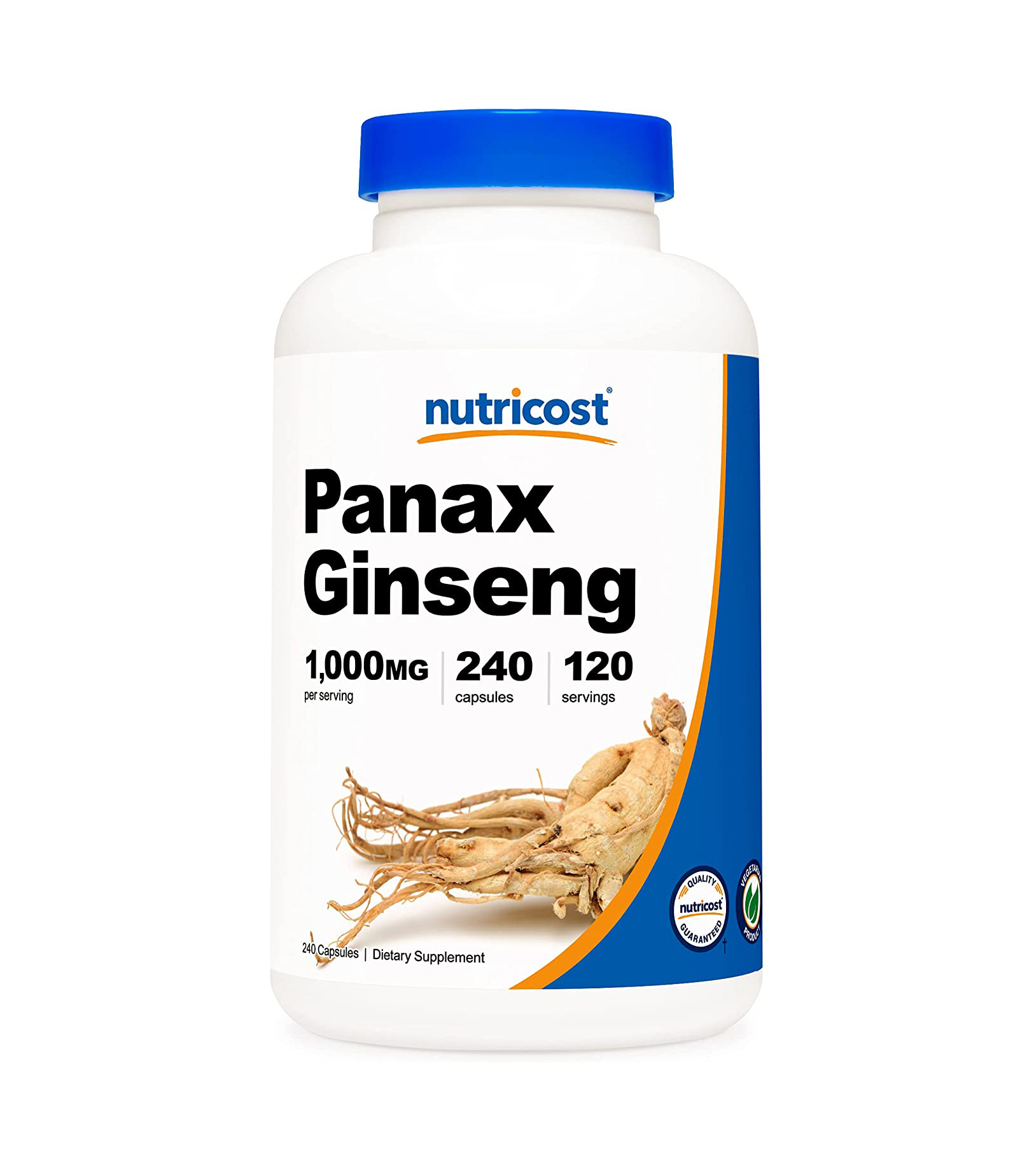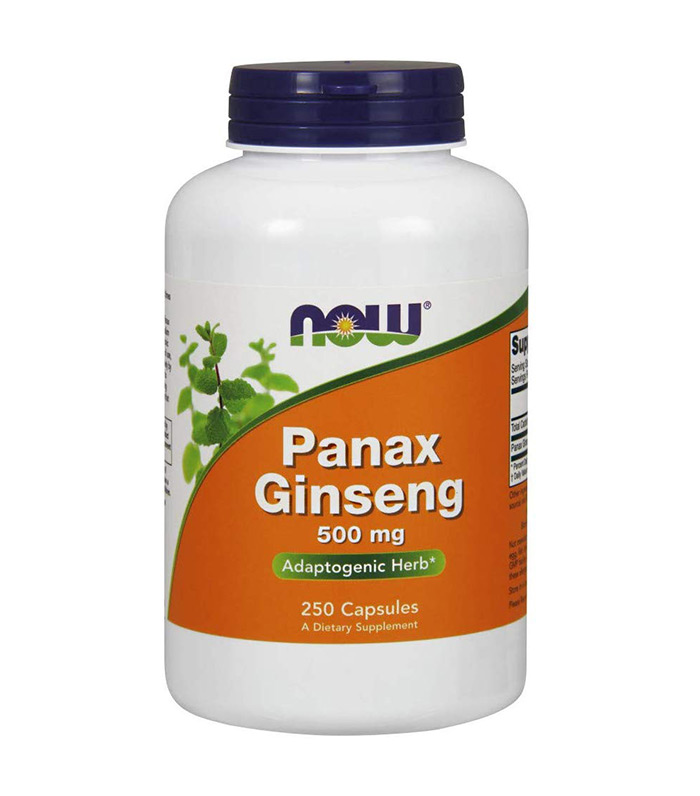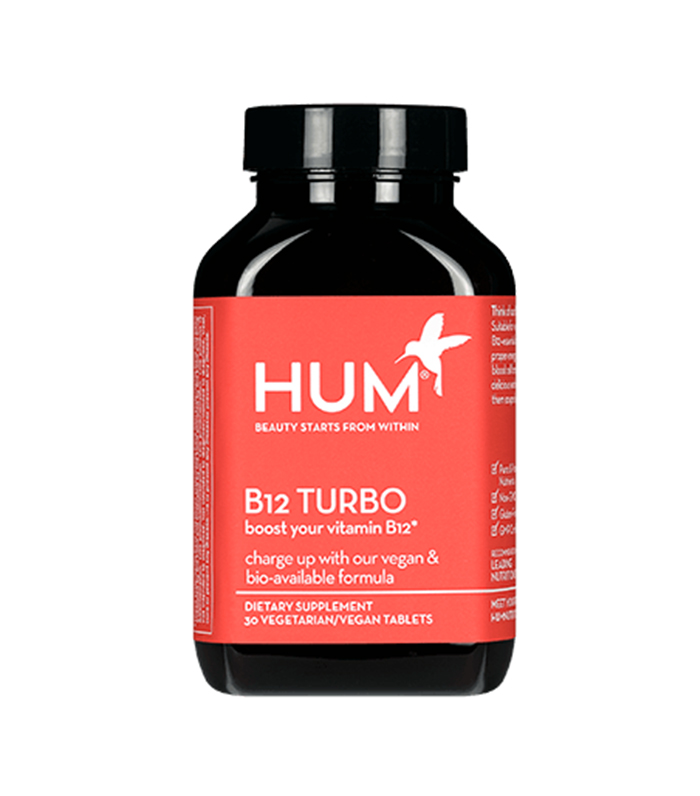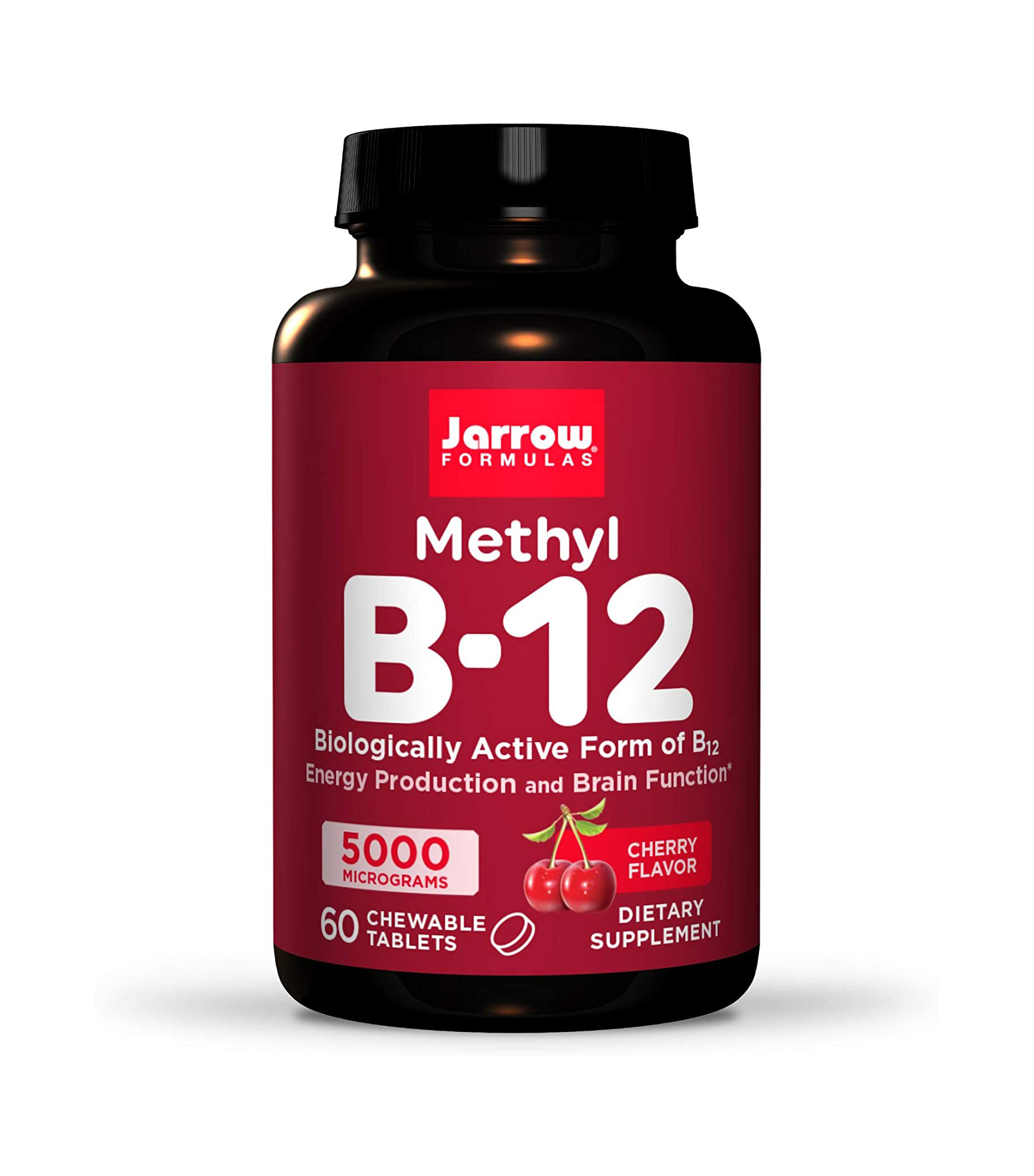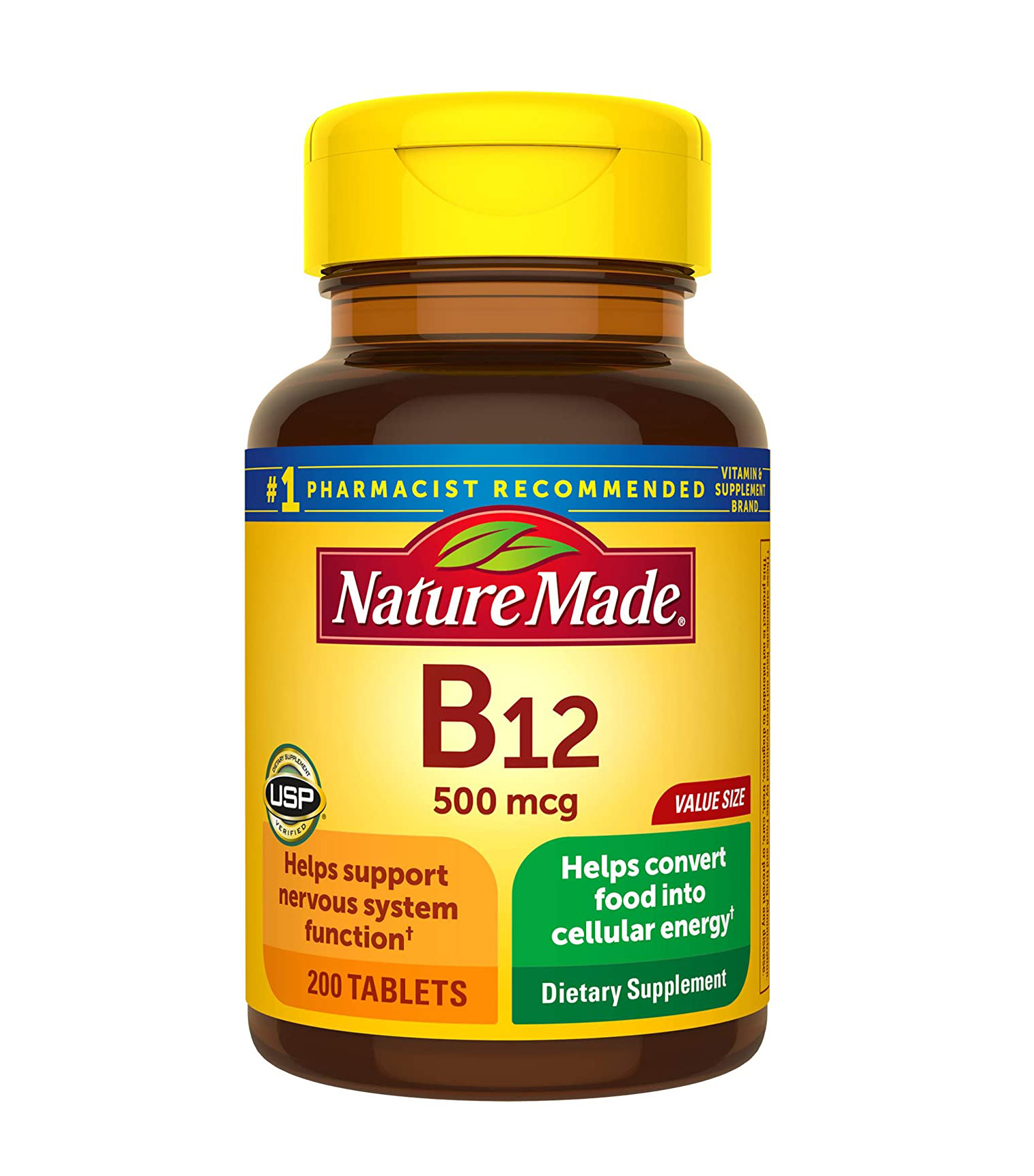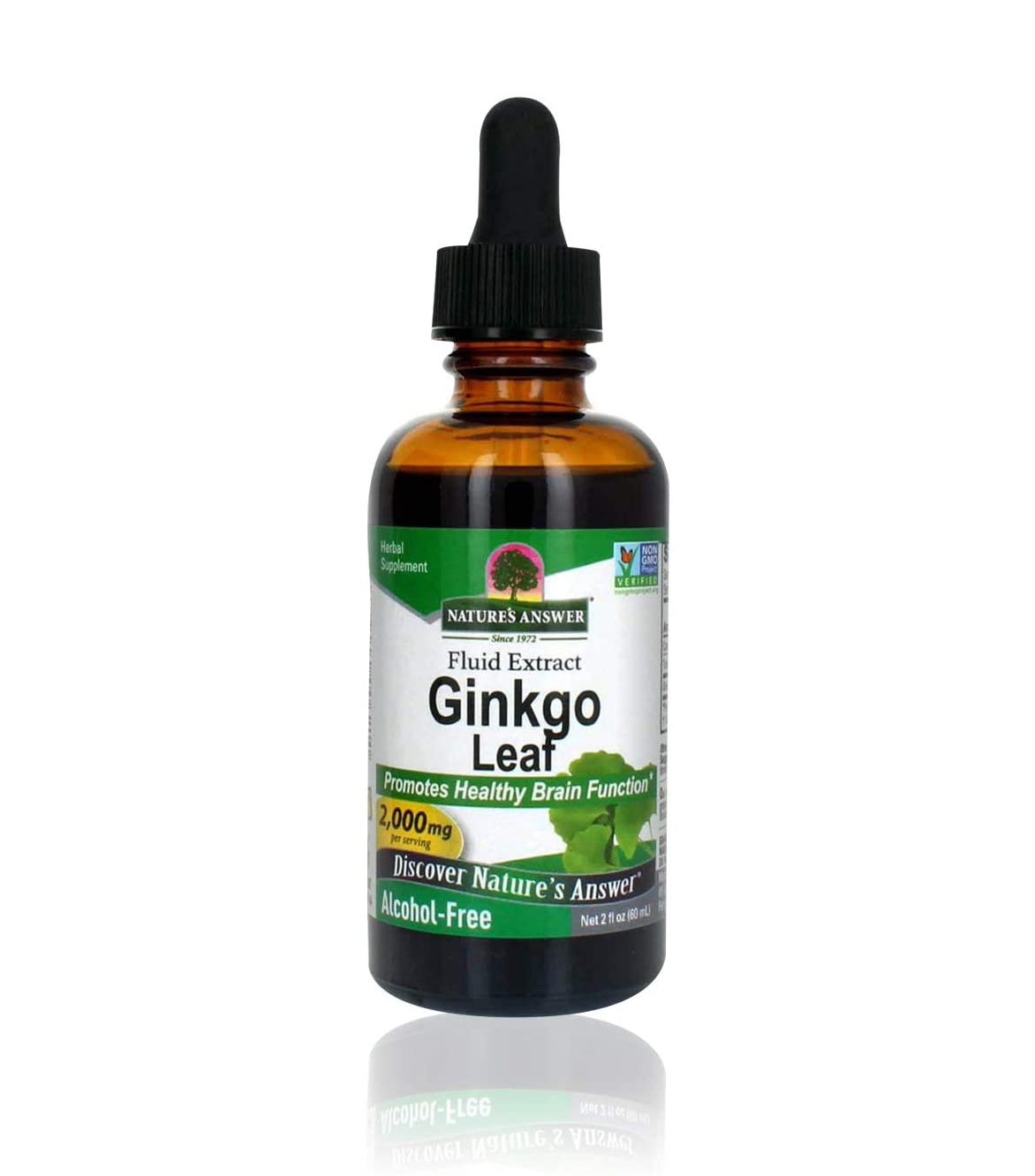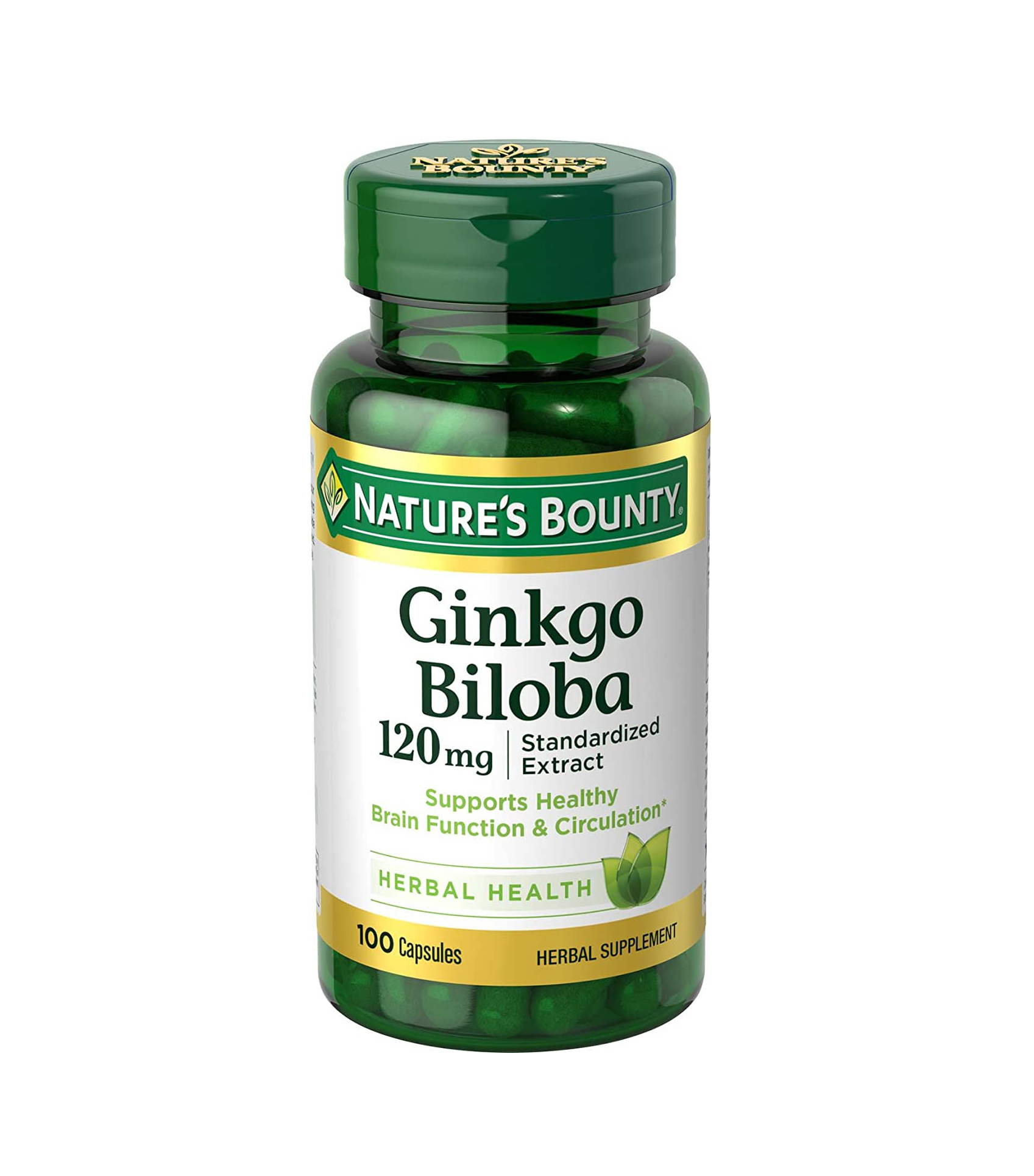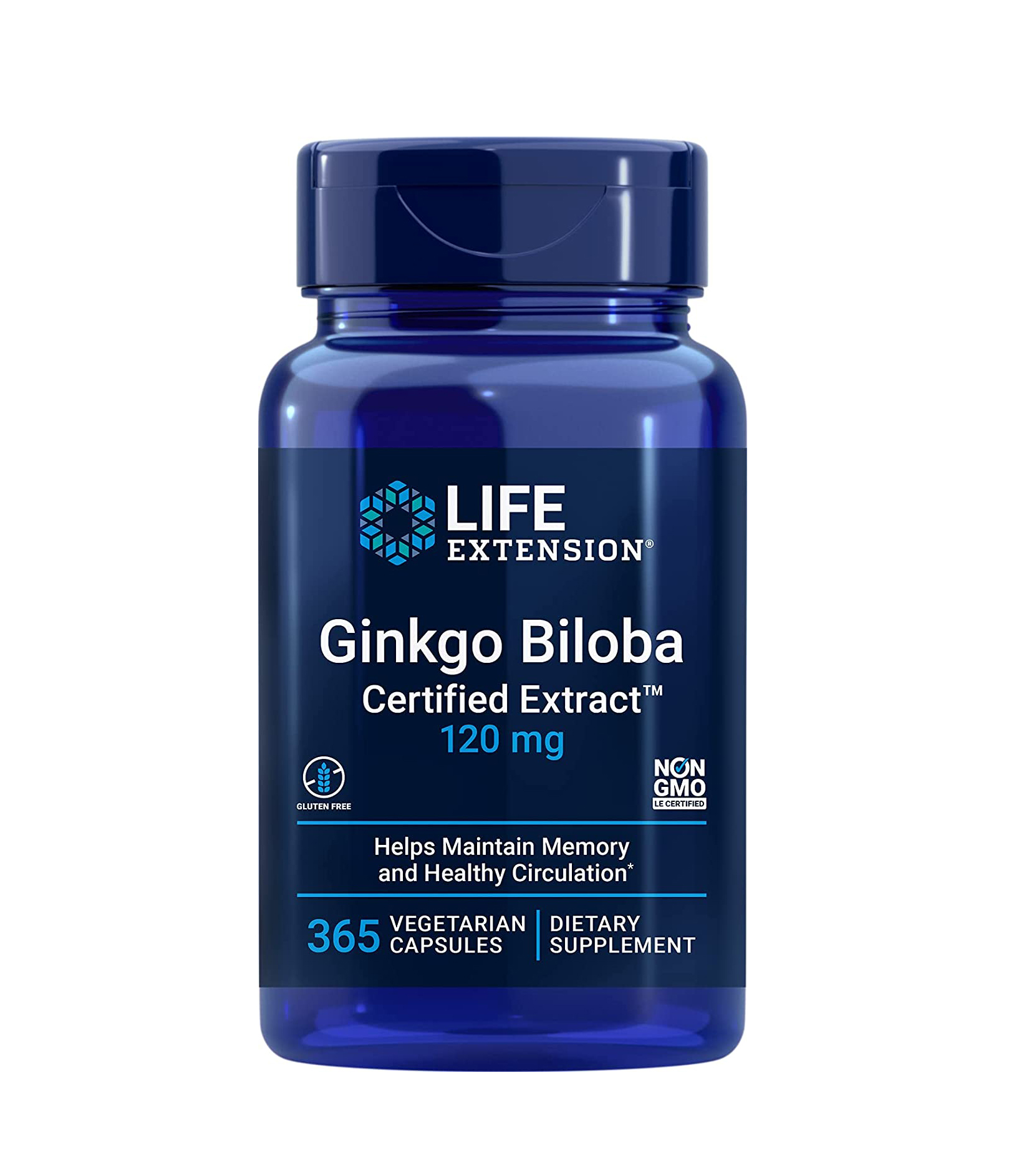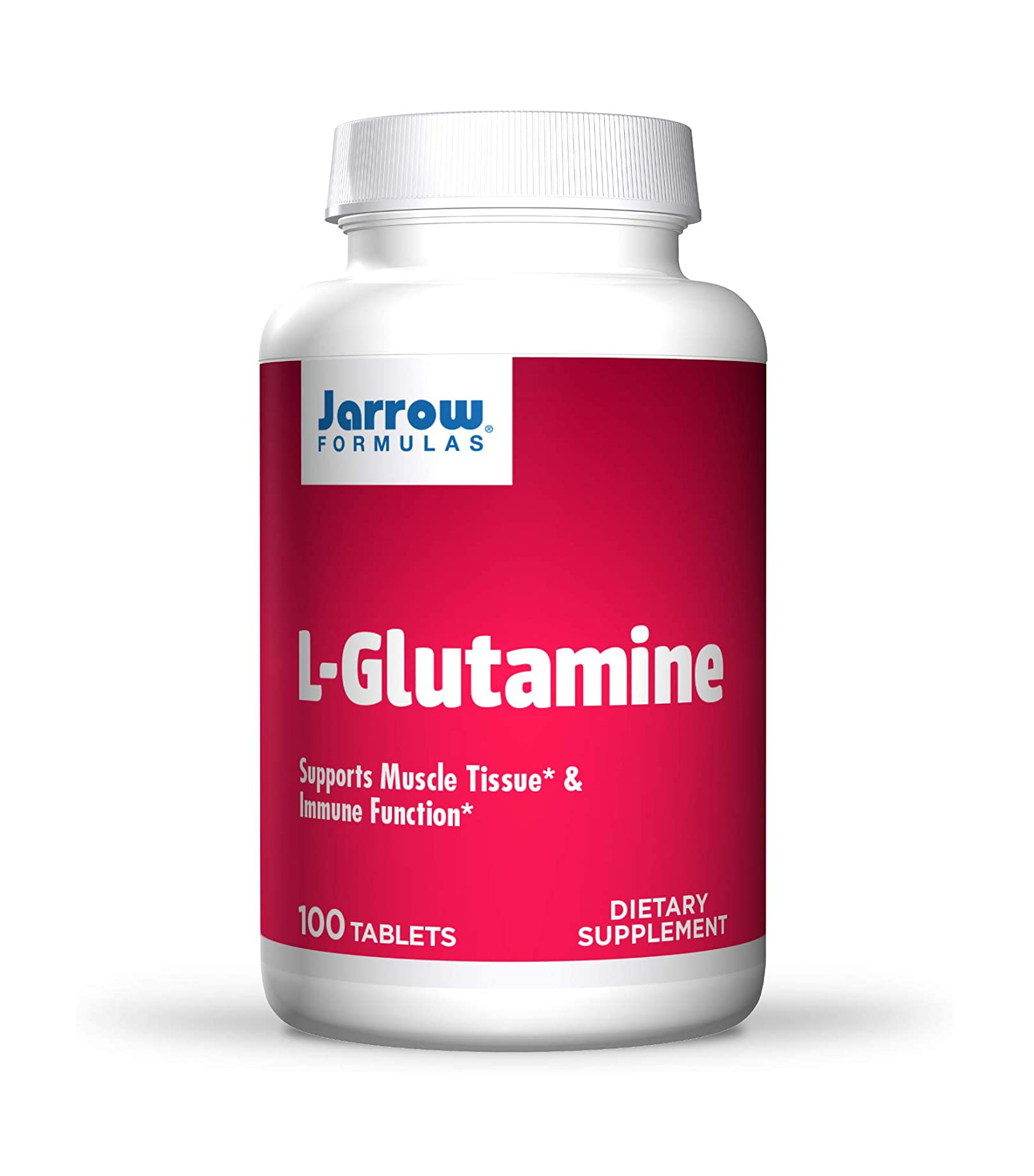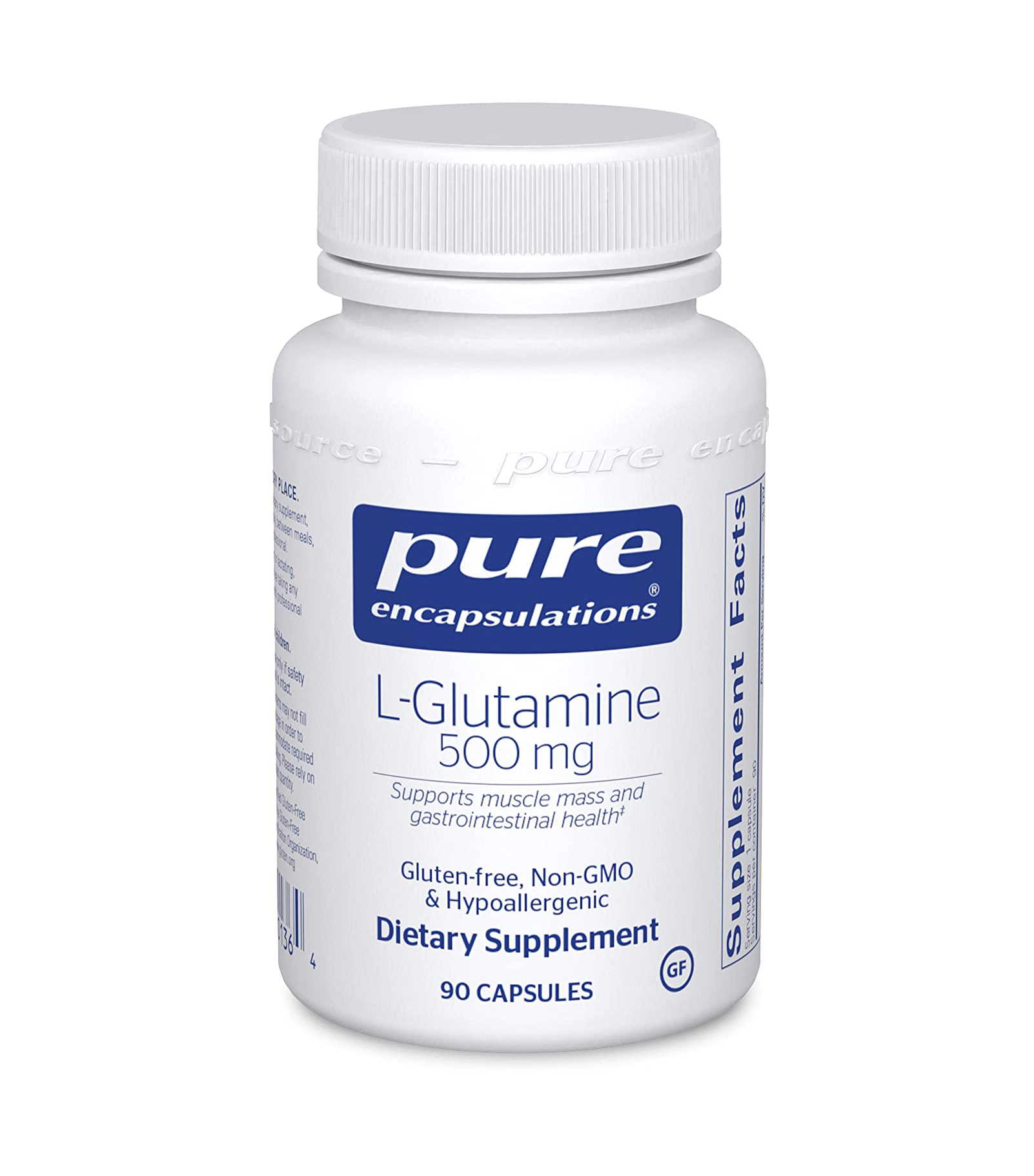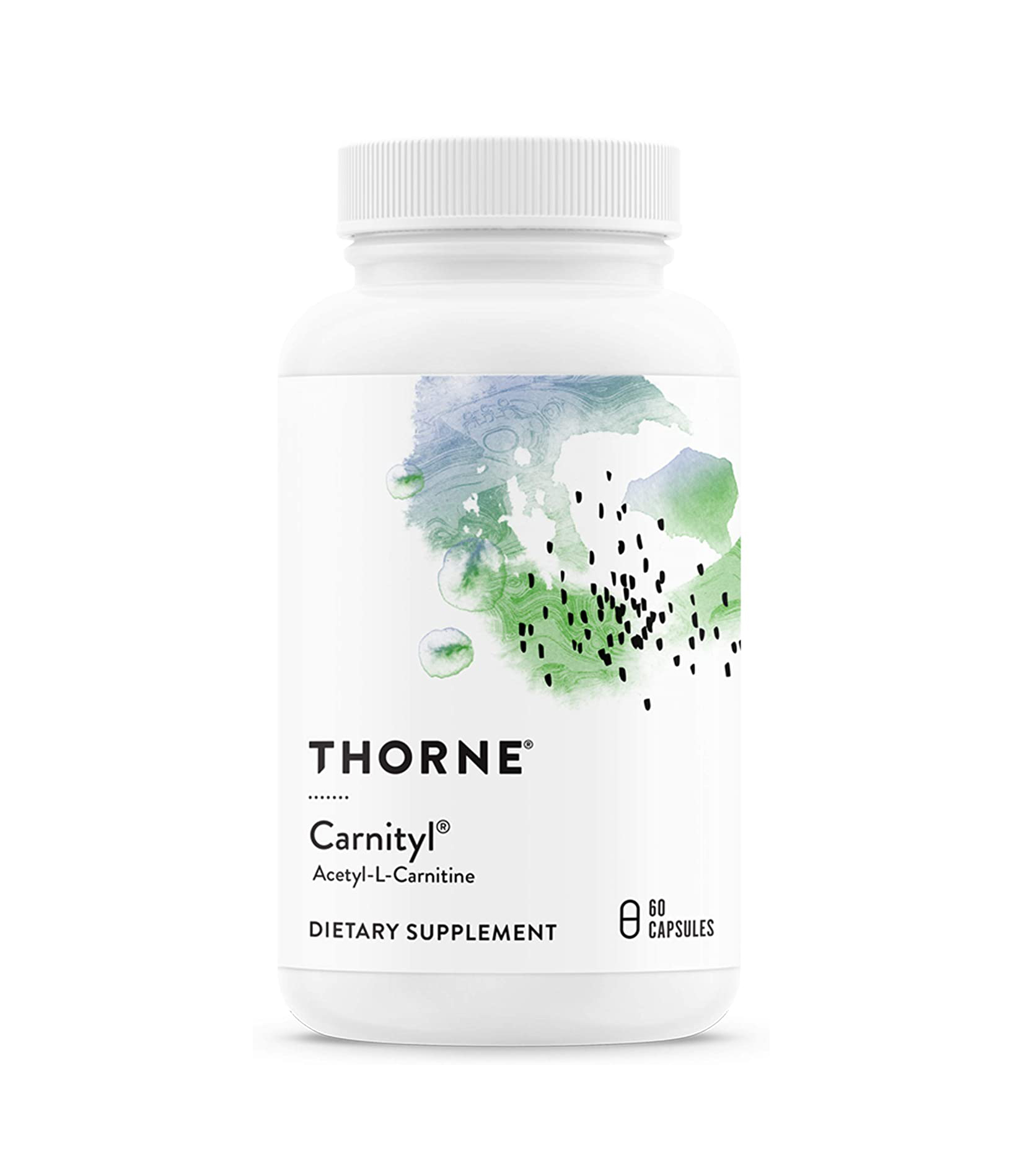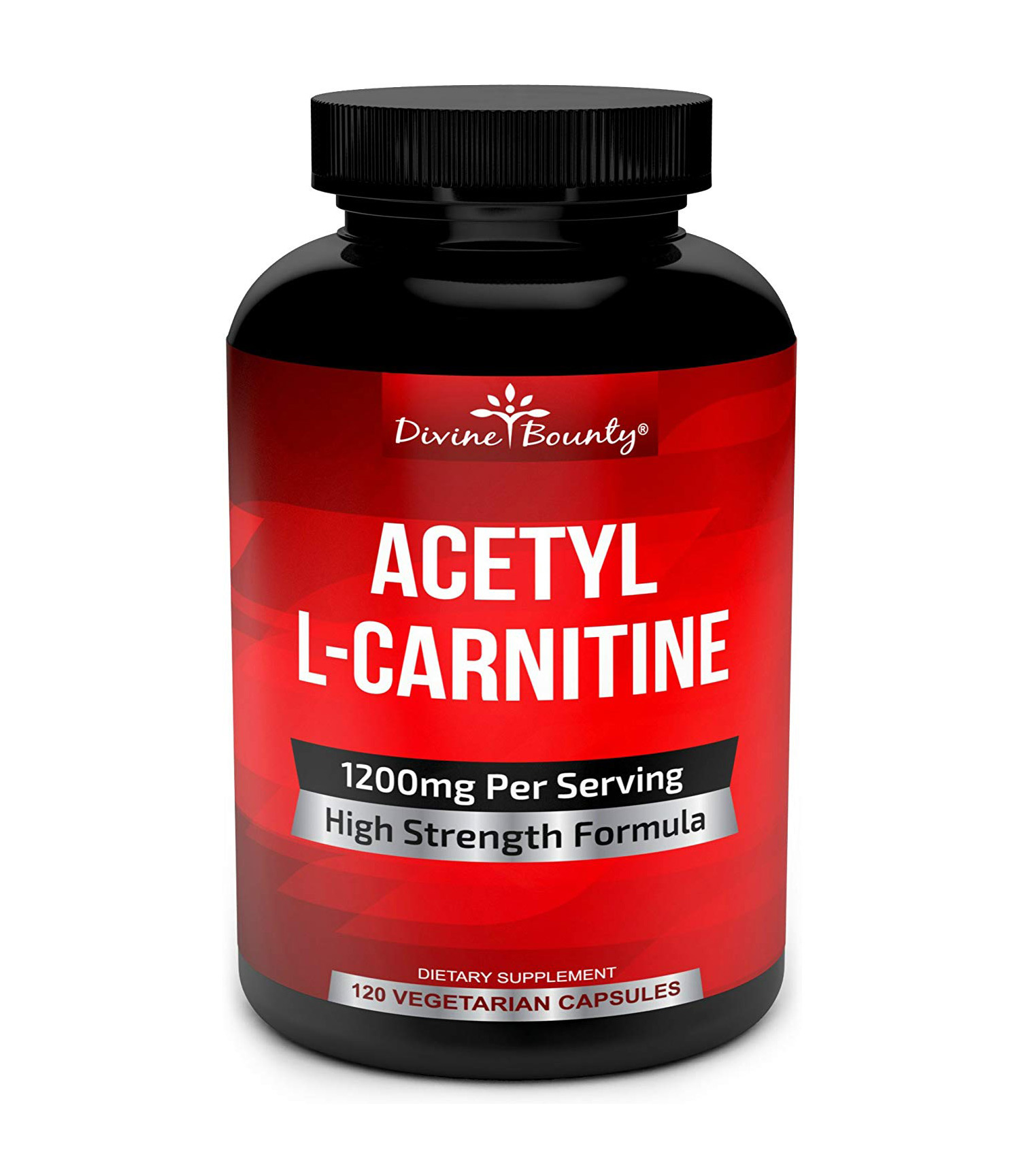These Are the Best Vitamins for Concentration, According to Experts


We've all been there. It's 3:45 p.m., our stomach is rumbling, our sheets and Netflix account are (already) beckoning, and our attention span is getting antsy. The problem? We still have a solid two, three, maybe even four hours in the day before we're finally able to succumb to the bliss of domesticity. And while there have been plenty of days we've fallen prey to our dissipating concentration, pouring any last ounce of focus into scrolling our Instagram feed or just staring numbly into our computer screen, it'd be much more productive to use those last few hours of our day to our utmost advantage. (Because in hindsight, the next morning's rush to meet deadlines or that dreaded unpreparedness during an important meeting is never worth it.) And that's where vitamins for concentration can come in.
Though vitamins are by no means a magical cure-all for declining focus, certain vitamins and supplements have been proven to help support important things like memory and brain function—and might be a healthier alternative to that fifth cup of coffee or sudden sugar craving.

"While supplements can certainly help fill in the gaps or give your body and overall health a little boost, nothing replaces a healthy diet, regular exercise, and adequate sleep, especially for concentration. Having said that, some supplements can still be promising if you struggle with the ability to focus on daily tasks," Lisa Moskovitz, RD, CDN, CEO of the NY Nutrition Group, tells us. Curious to learn more, we decided to ask nutritionists for their expert opinion on the topic and exactly which vitamins and supplements they recommend for concentration. (However, please know their suggestions are just that—suggestions—and you should always talk to your physician before trying a new supplement.)
1. Vitamin D3
According to Isabel Smith, RD, founder of Isabel Smith Nutrition and Lifestyle, vitamin D3 is one of the best supplements you can take if you're looking to boost concentration levels. According to Smith, it's key for healthy nerve function (aka a fast-firing brain) and overall function and maintenance. In other words, think of it like housekeeping for your dwindling ability to focus.
Science agrees, and as Scientific American reported, low vitamin D levels have been correlated to "impaired cognitive function" since the vitamin is known to "activate and deactivate enzymes in the brain and cerebrospinal fluid involved in neurotransmitter synthesis and nerve growth." And since the majority of Americans are low in the vitamin, it's not a bad place to start if you're looking to make that much-needed dent in your inbox.
Recommended dosage: up to 500 to 1000 IU/day
2. Choline
As it's great for maintaining the health of our memory and preventing its decline, Smith is also a fan of the macronutrient choline to help support concentration. In addition to its vital role in liver function, muscle movement, and healthy metabolism, choline is also known for its impact on brain development and nerve function.
Technically, choline isn't actually considered to be a vitamin (it's a nutrient), but it is water-soluble and is related to other such important vitamins as folate and the B family. Moskovitz explains to us that choline is used for chemical reactions in the body and is found primarily in muscle meats, eggs, fish, nuts, beans, and whole grains. Therefore, vegans are typically at a higher risk for deficiency. So how exactly does it affect concentration and brain health? According to the National Institutes of Health, it supports the functioning of an important neurotransmitter called acetylcholine, which is linked to "memory, mood, muscle control, and other brain and nervous system functions."
Recommended dosage: up to 500 to 1000 mg/day
3. Panax Ginseng
According to Los Angeles–based holistic nutritionist Elissa Goodman, Panax ginseng (also known as Asian ginseng) might be an effective supplement to consider if you've noticed drooping concentration levels. Although not a vitamin per se, it's a potent adaptogen boasting a thorough history of traditional use. Its claim to fame is sharpened memory, mental focus, and overall well-being.
"By promoting the release of nitric oxide," Goodman explains, "Panax ginseng stimulates the blood vessels to open up, which then improves and encourages blood flow to your brain and muscles." Additionally, a report from the University of Maryland Medical Center cites that people who have taken the herb have claimed an increase in alertness. (Never a bad thing, right?)
Recommended dosage: up to 200 to 400mg/day
4. Vitamin B12
"By maintaining the nerve cells in the brain, vitamin B12 is a major player when it comes to healthy brain function and things like memory and concentration," Smith explains. And not surprisingly, there is plenty of research drawing the same conclusion: Participants with low to normal vitamin B-12 levels demonstrated lower learning abilities, while those with normal to high levels of vitamin B-12 demonstrated higher. In other words, if you have an adequate intake of the vitamin, that foreboding to-do list just might be easier (and faster!) to tackle.
Recommended dosage: up to 200 to 500 mcg/day
5. Ginkgo Biloba
For improved concentration, Goodman is also a fan of incorporating ginkgo biloba. "It's a really popular herbal supplement, and there's a good amount of research to show that it can help with concentration issues," she tells us.
"I self-diagnosed myself with ADD and slight dyslexia, and ever since I began taking ginkgo biloba, my symptoms have really improved. Many of the brain-boosting benefits of ginkgo biloba that researchers have discovered rest on the fact that it's an effective anti-inflammatory that increases antioxidant activity, lowers oxidative stress, and improves circulation—which are all important factors for maintaining cognitive health." For maximum absorption and utilization within the body, Goodman recommends taking the ginkgo in liquid form.
Though Moskovitz points out that some studies have produced mixed conclusions on efficacy (such is the case with many herbal supplements), some have demonstrated mild improvement in memory and cognitive speed.
Recommended dosage: try diluting 1 mL in 2 ounces of water in the morning, and then eventually work your way up to 2 mL.
6. L-Glutamine
"L-glutamine acts as an important neurotransmitter in the brain, which ultimately aids in both memory and concentration," Smith explains, and science agrees. According to the National Center for Biotechnology Information, "Glutamine (Gln) is found abundantly in the central nervous system where it participates in a variety of metabolic pathways. Its major role in the brain is that of a precursor of the neurotransmitter amino acids: the excitatory amino acids, glutamate (Glu) and aspartate (Asp), and the inhibitory amino acid, γ-aminobutyric acid (GABA)." Translated: It keeps all those important transactions within the brain running smoothly, which is helpful where improved concentration is concerned.
Recommended dosage: up to 3000 mg/day
7. Acetyl-L-Carnitine
Smith also suggests acetyl-L-carnitine (or ALCAR) as a supplement to support concentration and overall brain health. And while more research is needed on the correlation, studies have affirmed that ALCAR may lead to improved synaptic neurotransmission in the brain, which can stimulate learning and concentration levels.
As a derivative of the amino acid lysine, acetyl l-carnitine is a more bio-available synthesized form of l-carnitine, which is naturally produced by the kidneys and liver before being messengered to the body's brain and heart tissues. Then, working as an antioxidant, ALCAR helps to produce glutathione, which helps scavenge for harmful free radicals within cells. But here's the rub: ALCAR is important because it's able to cross the blood-brain barrier and produce the same antioxidant-like benefits (the reduction of oxidative stress and toxins) within the brain. In fact, it's been one of the key amino acids used during to investigate and help reverse brain damage in NFL players.
Recommended dosage: up to 500 to 1000 mg/day
Next up: Use This One Trick for Better Focus and Concentration.
This article was originally published at an earlier date and has been updated.
This article is provided for informational purposes only and is not intended to be used in the place of advice of your physician or other medical professionals. You should always consult with your doctor or healthcare provider first with any health-related questions.

Erin has been writing a mix of beauty and wellness content for Who What Wear for over five years. Prior to that, she spent two and half years writing for Byrdie. She now calls Santa Monica home but grew up in Minnetonka, Minnesota, and studied writing, rhetoric, and communication at University of Wisconsin, La Crosse. She studied abroad in Galway, Ireland, and spent a summer in L.A. interning with the Byrdie and Who What Wear family. After graduating from UW, she spent one year in San Francisco, where she worked as a writer for Pottery Barn Kids and PBteen before moving down to L.A. to begin her career as a beauty editor.
